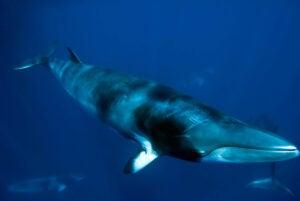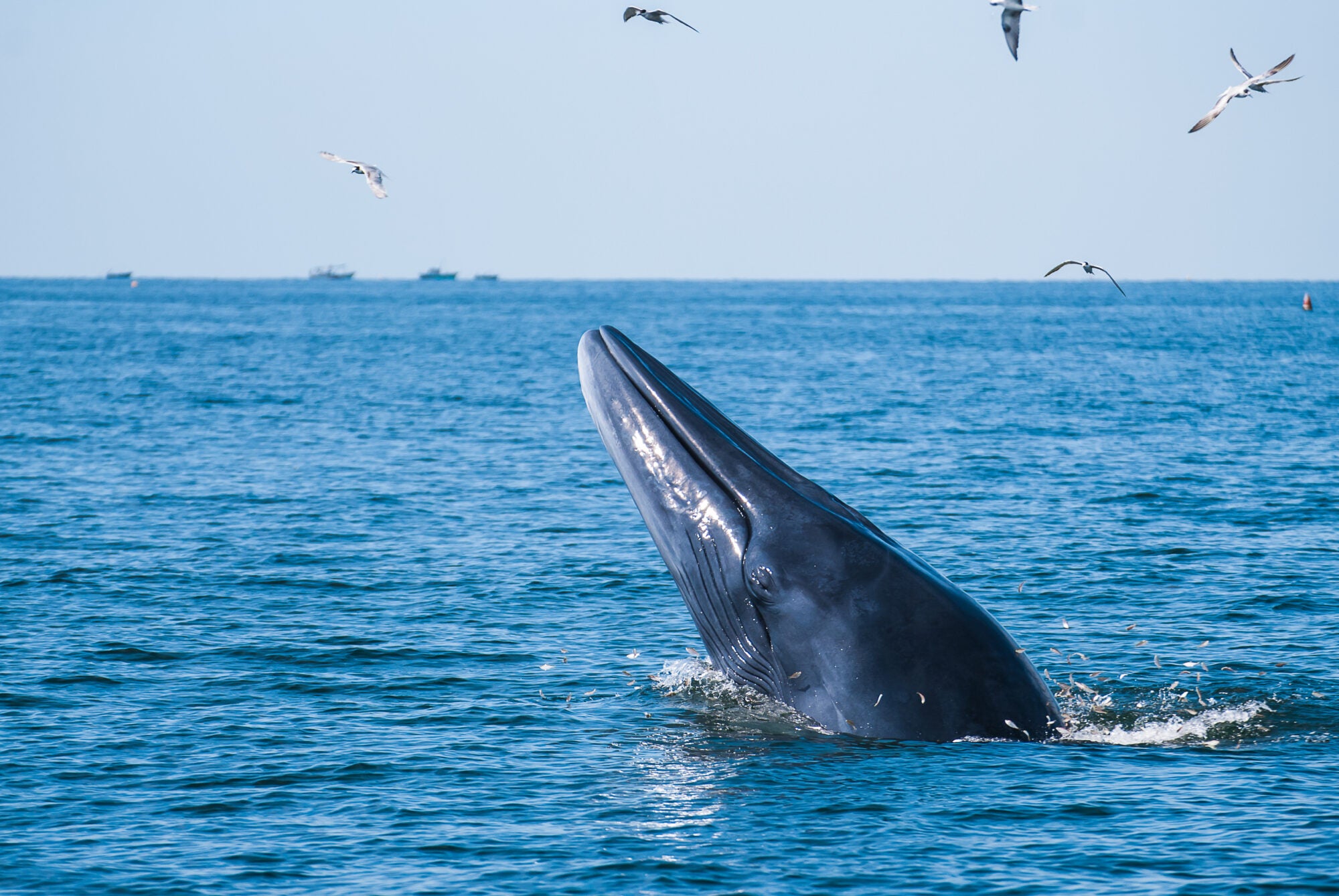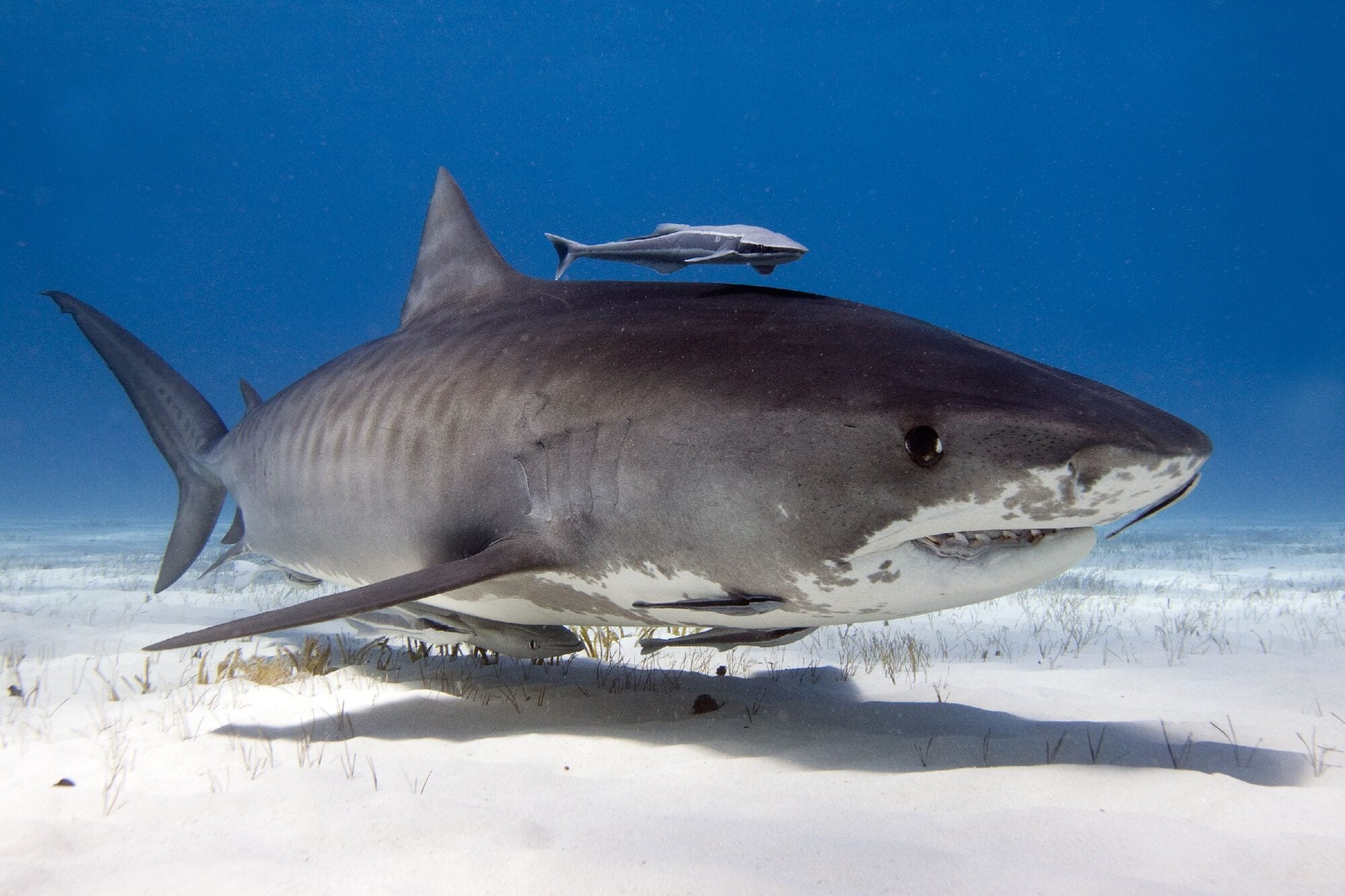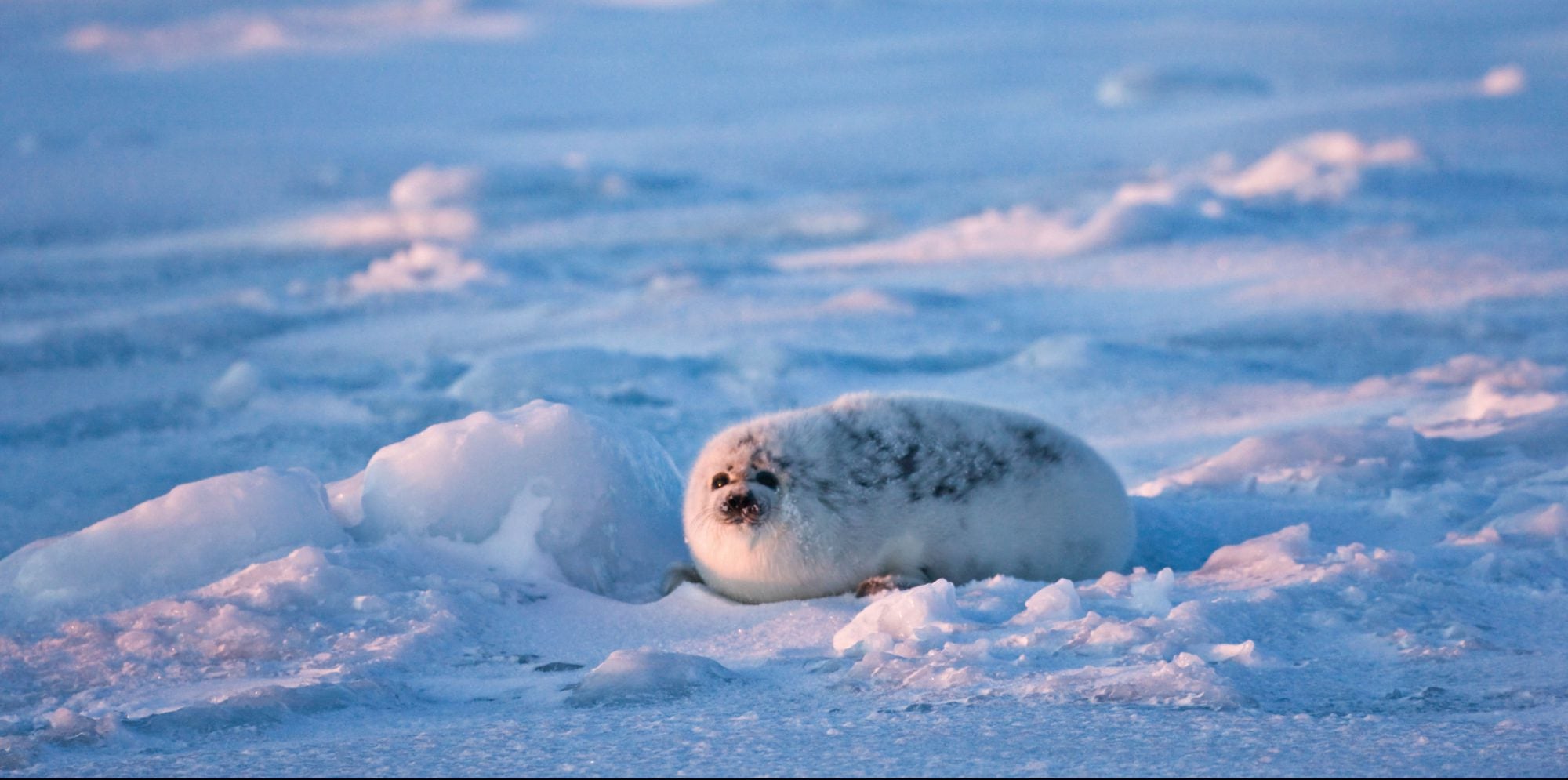
LONDON—Ahead of the Tokyo Summer Games starting this week, promoted by the Japanese government as the “greenest games ever”, animal protection groups have written to Prime Minister Yoshihide Suga to say that Japan can’t win gold for the environment until it stops the cruel and unsustainable practice of commercial whaling.
In a letter to Japan’s Prime Minister, Olympics Minister Tamayo Marukawa and Ambassador to the UK, Hajime Hayashi, the Humane Society International/UK, Whale and Dolphin Conservation, ORCA, Environmental Investigation Agency, Four Paws, Animal Welfare Institute and Cetacean Society International commend Japan for its environmental achievements for the Games such as plastic waste podiums and recycled metal medals but say that slaughtering whales not only causes immense animal suffering, it also kills some of our planet’s most important environmental guardians.
The letter explains that whales not only circulate nutrients that encourage the growth of carbon dioxide-absorbing phytoplankton by feeding in deep water and defecating at the surface, but their immense bodies also safely lock away tons of the greenhouse gas for hundreds of years when they die and their bodies sink to the sea bed.
The letter reads: “We are at a pivotal moment in our global efforts to avert catastrophic climate breakdown, and high-profile, international events like the Olympics provide a vital platform to promote environmental protection. However, as Olympic hosts, Japan’s commitments on planetary protection need to extend beyond the National Stadium, beyond plastic waste podiums, recycled metal medals and sustainable athletic apparel… Whales play a key role in capturing and storing harmful carbon dioxide, a greenhouse gas that is the main contributor to climate change. One way they do this is when they feed at depth and then defecate nearer the water surface, they provide vital nutrients to the plant plankton, or phytoplankton, which grow in the sunlit upper waters. Globally, phytoplankton absorbs up to 35% of all anthropogenic carbon dioxide produced. Whales also store tons of carbon in their bodies, and so when they die their carcasses sink to the seabed safely locking away 33 tons of CO2 on average for hundreds of years.”
Claire Bass, executive director of Humane Society International/UK which initiated the letter, says: “This week the Japanese government will be proudly launching the Summer Games in Tokyo and celebrating its green credentials. But looking beyond the podiums made of recycled mobile phones, we find a nation flying in the face of world opinion in its grim persistence to maintain cruel and outdated commercial whaling. These ocean leviathans play a vital role in maintaining healthy oceans and climate, and instead of blasting them with exploding harpoons Japan should join the nations united in efforts to safeguard their populations and habitats.”
The International Whaling Commission’s moratorium on commercial whaling, agreed in 1982, has helped great whale populations increase, likely saving several species from extinction. Yet many whale populations remain low or endangered—and all whales face the huge threats of fishing-related deaths, ship collisions, climate change, and chemical, litter and noise pollution. Since 1987, Japan killed more than 15,000 whales under the ‘special permit’ guise of scientific research which it used as a loophole to kill whales for profit. The legitimacy of Japan’s use of the ‘scientific whaling clause’ was rejected in the International Court of Justice in 2014. In June 2019, Japan formally left the IWC and continued to kill whales without any pretence of science but openly as commercial whaling. Although it has ceased whaling in the Southern Ocean, it continues whaling in the North Pacific. There remains an international ban on commercial whaling which applies to both the high seas and countries’ territorial waters. By walking away from the IWC and continuing to kill whales, Japan is defying international law.
The groups’ letter concludes: “Scientists estimate that in the years before industrial whaling began, baleen whale populations sank up to 1.9 million tonnes of carbon per year to the ocean bed. It has been suggested that this is equivalent to removing up to 410,000 cars from our roads each year. By contrast, killing and processing whales releases carbon back into the atmosphere… We urge the Japanese government to take this opportunity to consign whale killing to the history books and demonstrate a commitment to cetacean and planetary protection.
ENDS
Media Contact: Leozette Roode: lroode@hsi.org
Notes:
The status of the three species of whale killed by Japan in the North Pacific is a complex issue. The minke whale species found here (which is different to the minke species in the Southern Ocean), has a complex population structure and there has long been concerns about the vulnerability of the population known as the J-stock. The different populations cannot be told apart at sea. The sei whales is an endangered species. Sei whales in the North Pacific were heavily exploited by commercial whaling after the larger fin and blue whales were depleted. Whilst the Bryde’s whale is not regarded as endangered, its taxonomy is not yet settled; an inshore and an offshore form are widely recognized but other populations may also exist.




